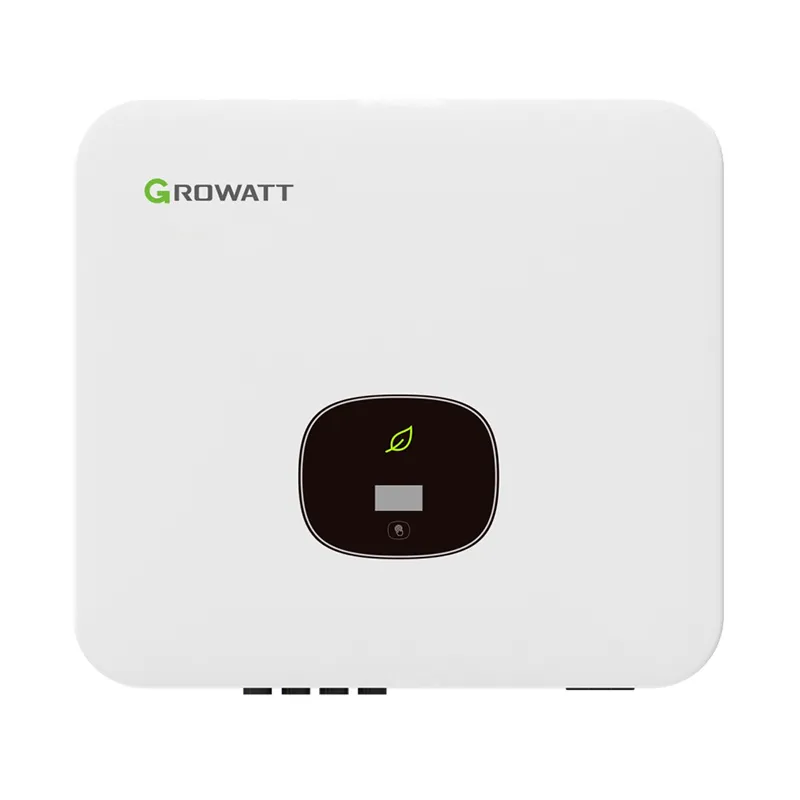Compact Solar Panel Setup for Efficient Energy Generation and Sustainable Living
Embracing Small Solar Panel Systems A Smart Choice for Energy Efficiency
In recent years, the world has witnessed a significant shift towards renewable energy sources, with solar power leading the charge. Among the emerging solutions, small solar panel systems have gained traction, offering both homeowners and businesses an efficient way to harness solar energy. This article delves into the benefits, components, and considerations of small solar panel systems, showcasing why they are a smart choice for energy efficiency and sustainability.
Understanding Small Solar Panel Systems
Small solar panel systems are typically defined as photovoltaic installations that generate a limited amount of electricity, often designed for residential or small commercial use. These systems are usually characterized by fewer panels, ranging from one to ten, depending on the energy needs of the user. With their compact size, they can be easily installed on rooftops, in backyards, or even as portable solutions.
Benefits of Small Solar Panel Systems
1. Cost-Effective Energy Solution One of the primary advantages of small solar panel systems is their affordability. While the upfront cost of purchasing and installing solar panels can be significant, government incentives and rebates often help to offset initial investments. Additionally, as energy prices continue to rise, generating your own electricity can lead to long-term savings on utility bills.
2. Reduced Carbon Footprint Transitioning to solar energy contributes to a decrease in greenhouse gas emissions. By relying on a clean energy source, users of small solar panel systems can significantly reduce their carbon footprint, making it an environmentally responsible choice.
3. Energy Independence With a small solar panel system, individuals and businesses can gain a degree of energy independence. By producing their own electricity, users are less susceptible to fluctuating energy prices and can avoid unexpected surcharges, creating a more stable financial environment.
4. Scalability Another appealing feature of small solar panel systems is their scalability. Users can start with a basic setup and gradually expand their system as their energy needs evolve. This flexibility allows for tailored solutions that can grow with changing requirements.
5. Low Maintenance Requirements Unlike traditional energy sources, solar panels require minimal maintenance. Regular cleaning to remove dust and debris is usually sufficient to keep the system functioning optimally. Most solar products also come with long warranties, ensuring durability and reliability.
Key Components of a Small Solar Panel System
small solar panel system

Understanding the components of a small solar panel system is essential for prospective users
1. Solar Panels These are the heart of the system, converting sunlight into electricity. They come in various types, including monocrystalline, polycrystalline, and thin-film, each with its own advantages in terms of efficiency and cost.
2. Inverter This device converts the direct current (DC) generated by the solar panels into alternating current (AC), which is used by most household appliances. Modern inverters often come equipped with monitoring systems that allow users to track their energy production.
3. Mounting System This structure secures the solar panels in place, whether on rooftops or the ground. A robust mounting system is crucial for the longevity and safety of the installation.
4. Batteries (optional) While not always included, batteries can store excess energy produced during the day for use at night or during cloudy days. This adds a layer of reliability to the system, ensuring users have access to electricity even when sunlight is not available.
5. Charge Controller If batteries are part of the system, a charge controller is necessary to regulate the voltage coming from the solar panels and prevent overcharging.
Considerations Before Installation
Before investing in a small solar panel system, there are several factors to consider. Assessing the available roof space, local climate conditions, and energy consumption patterns is vital. Furthermore, researching financial incentives available from local governments or utility companies can significantly enhance the economic viability of the installation.
Conclusion
In conclusion, small solar panel systems represent a powerful step towards energy efficiency and sustainability. With their cost-effectiveness, environmental benefits, and scalability, they provide an excellent opportunity for individuals and businesses alike to embrace renewable energy. As technology advances and more incentives become available, the adoption of solar energy will likely continue to rise, paving the way for a cleaner, greener future. Embracing a small solar panel system could be one of the smartest choices you make for both your wallet and the planet.
-
Navigating Off Grid Solar Inverter: From Use Cases to Trusted PartnersNewsAug.05,2025
-
Solar Edge String Inverter: A Wholesaler’s Guide to Inverter Technology SelectionNewsAug.05,2025
-
Microinverters: Revolutionizing Solar Energy UseNewsAug.05,2025
-
Future of Monocrystalline Solar Panel Efficiency: Latest Technological AdvancesNewsAug.05,2025
-
Solar Panels for House: A Complete Guide to Residential Solar EnergyNewsAug.05,2025
-
Panel Bifacial Performance in Snow and Low-Light ConditionsNewsAug.05,2025







